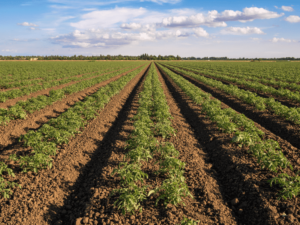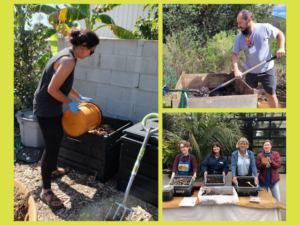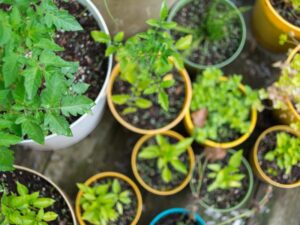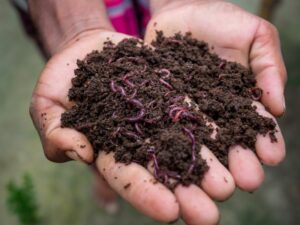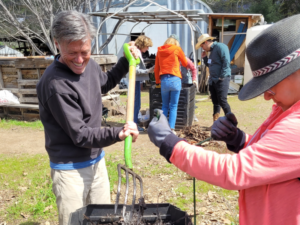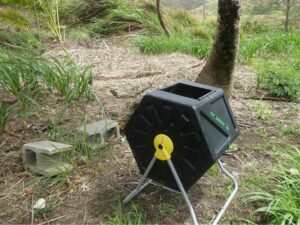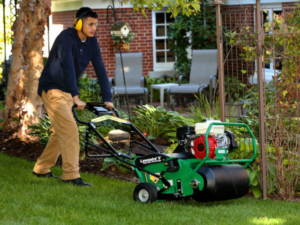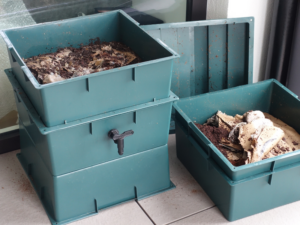Soil & Compost
Case Study: CDFA Healthy Soils Program Success Stories
Solana Center is funded by the California Department of Food and Agriculture (CDFA) to provide technical assistance to HSP program grant awardees, free of charge. For nearly a decade we have guided local farmers and growers through applying for funding and implementing farming practices over three-year award periods, as well as preparing reporting documentation over…
Read MoreTraditional Composting, Vermicomposting, and Bokashi: What’s the Difference?
Through our educational outreach, Solana Center strives to present our community with a range of options for diverting their food waste and creating healthy soil through composting. But sometimes, when presented with many choices, we can be left wondering, “What’s the right method for me?” In this article, we’ll explore some common composting practices to…
Read MoreWhich Composting Method is Right for You?
Have you ever wondered “what is the best composting method for me?” There are many options for how to personally deal with food waste and a lot of different factors to consider. Not everyone is ready to jump in headfirst with a pile or a worm bin (but if you are more power to you!)…
Read MoreComposting Success Story: Melody Plan
Master Composter Melody Plan shares her inspiration for her new children’s book Inside the Compost Bin.
Read MorePrepping Your Fall Garden
“Land, then, is not merely soil; it is a fountain of energy flowing through a circuit of soils, plants and animals.” Aldo Leopol…
Read MoreClimate Solutions: Worm Bedding
Question: Why do I need bedding in my worm bin? Is it okay if I just give the worms my food scraps? Answer: Bedding, which can be made of shredded paper, coconut coir, cured manure, or dry leaves, is an absolute necessity in your worm bin. Supplying your wiggly workers with bedding has a number…
Read MoreTop Three Reasons to Become a Master Composter
Blog Post by Master Composter Graduate, Tammy Churchill. When I registered for the Master Composter Course in early 2020, I did not have much experience composting, as my neglected passive pile would gladly attest. Composting was something I was interested in: I’d moved into a new house with plenty of room for growing vegetables, and…
Read MoreHow Do Tumbler Compost Bins Work?
Tumblers are composting bins that are manually flipped, spun, rolled or crank-turned for aeration, depending on the style. These bins do not require turning with a pitchfork or auger, instead, the entire compost bin is turned for aeration. There are several variations on this theme. Spinning Tumbler This tumbler is spun around a central axis.…
Read MoreClimate Solutions: How to Manage Weeds Without Toxic Chemicals
What is a weed? A plant whose virtues have not yet been discovered. — Ralph Waldo Emerson Before discussing how to eliminate weeds, there are some common weeds that are both edible and nutritious. Harvesting free greens from our gardens is one way to approach the plants we did not intend to have in our…
Read MoreClimate Solutions: What Is the Right Moisture Content for My Worm Bin?
Moisture content is very important when composting with worms. This is because your red wigglers breathe through their skin and need appropriate moisture to do so. Often times the materials you add will give your bin moisture, but you will likely still need to add water to obtain the appropriate amount (especially with warmer weather).…
Read More
